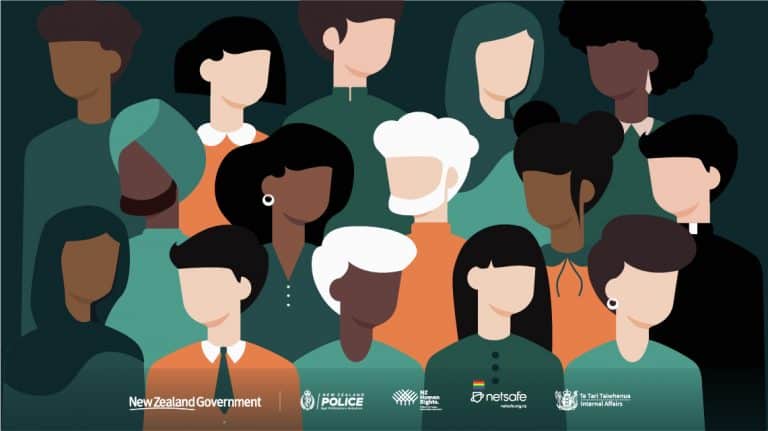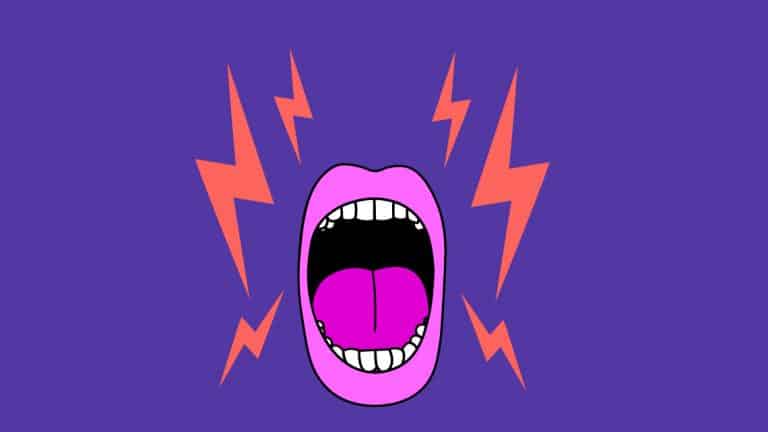Harmful Content Online
The internet has opened up many opportunities for young people to gain access to enormous amounts of content. This content can be educational, informative and fun. Unfortunately, it has exposed young people to graphic imagery, adult material and objectionable content that would have been harder to stumble across in a pre-internet era. Nobody’s immune from…

The internet has opened up many opportunities for young people to gain access to enormous amounts of content. This content can be educational, informative and fun. Unfortunately, it has exposed young people to graphic imagery, adult material and objectionable content that would have been harder to stumble across in a pre-internet era.
Nobody’s immune from seeing sexual content online – whether they want to or not. Some sexual material is legal to look at if you’re over a certain age while other sexual content is illegal for anyone to view.
In New Zealand, sexual content is defined as either ‘objectionable’ or ‘restricted’ material under the Films, Videos and Publications Classification Act 1993.
What is classified as ‘age-restricted’ and what is ‘objectionable’ content?
In most cases, age-restricted material is illegal to sell or give to a young person under the specified age (usually 18). Age restrictions are in place as that’s when society thinks young people are old enough to understand what’s happening and can make an informed choice about what they are looking at.
Objectionable content is illegal for anyone to possess or look at. It’s not the type of thing you might see on sale at the dairy. ‘Objectionable’ material includes content that involves children, animals, dead people, cruelty and severe violence.
What happens if you look at age-restricted pornography?
Pornography is legal in New Zealand but if you’re a child looking at sexual material that is age restricted you may get in trouble if your parents or caregivers discover what you’ve been viewing.
Anybody who supplies, distributes, exhibits or displays a restricted publication to someone who does not meet the age criteria specified is committing an offence.
What happens if you look at objectionable content online?
No matter your age, viewing objectionable content is always illegal. If you come across objectionable material accidentally you should make a note of the URL, before leaving the site and reporting it immediately. Do not under any circumstance copy the material, download it, make a screenshot of it, or forward it to anyone. Any of these actions could see you liable for prosecution.
You can make an anonymous report of URL’s that contain objectionable content to NetSafe’s at netsafe.org.nz/report.
Any time someone downloads objectionable content there is the potential for an offence to have been committed. The maximum penalty for someone ‘knowingly’ in possession of objectionable material is five years in prison.
Law enforcement officials will prosecute people actively trading (distributing or swapping) or who have collected a large amount of objectionable material. If you knowingly make a copy of an objectionable publication and/or supply objectionable material to another person, you may be sentenced to a fine of up to $200,000.
How to stop getting pornographic emails
If you’re getting these types of emails you’re probably receiving spam. There are a few things you can do:
- Use spam filters to limit the delivery of this type of email.
- Delete the emails when they arrive.
- Don’t click on the links to unsubscribe or be removed from the mailing list as this may make the problem worse and add your email address to other distribution groups.
It’s important you don’t open emails advertising child sexual abuse material (Sometimes referred to as child pornography) or forward it to anyone, you should take note of the address or link and report it.
Digital Violent Extremism Team
Violent extremism refers to an individual or group who justifies the use of violence, or advocates for others to use violence in order to radically change the nature of government, religion or society. This type of violence is often targeted at groups that violent extremists perceive as threatening or undermining their worldview. If you see this content, you should report it to the Digital Safety team at the Department of Internal Affairs (DIA). You can read more on the DIA’s website.
WHAT IS UPSETTING CONTENT?
You may find content that could have a negative effect on you. This might be scary images, hateful content, sexual material or illegal material (like age-restricted material, extreme violence etc). Offensive or illegal content may include topics, images or other information that could be prohibited in New Zealand. We have advice on what you can do if you’re upset by something you see online on our website.
Be alert and stay safe online. Learn more about how you can stay safe and get help from online bullying and abuse.
CONTACT NETSAFE
If you’re concerned about the immediate safety of you or someone else, please call 111. If you want help or expert incident advice, you can contact us. Our service is free, non-judgemental and available seven days a week.
- Email [email protected]
- Call toll free on 0508 NETSAFE (0508 638 723)
- Online report at netsafe.org.nz/report
- Text ‘Netsafe’ to 4282
FURTHER SUPPORT
Some of the other people you might want to talk to are listed below:
- Youthline: Free text 234, chat www.youthline.co.nz, email [email protected] or phone 0800 376 633
- Need to Talk 1737.org.nz
- Lifeline https://www.lifeline.org.nz/
KEEP UP TO DATE
Follow us on social media and sign up to our newsletter for alerts, news and tips.


![]()





